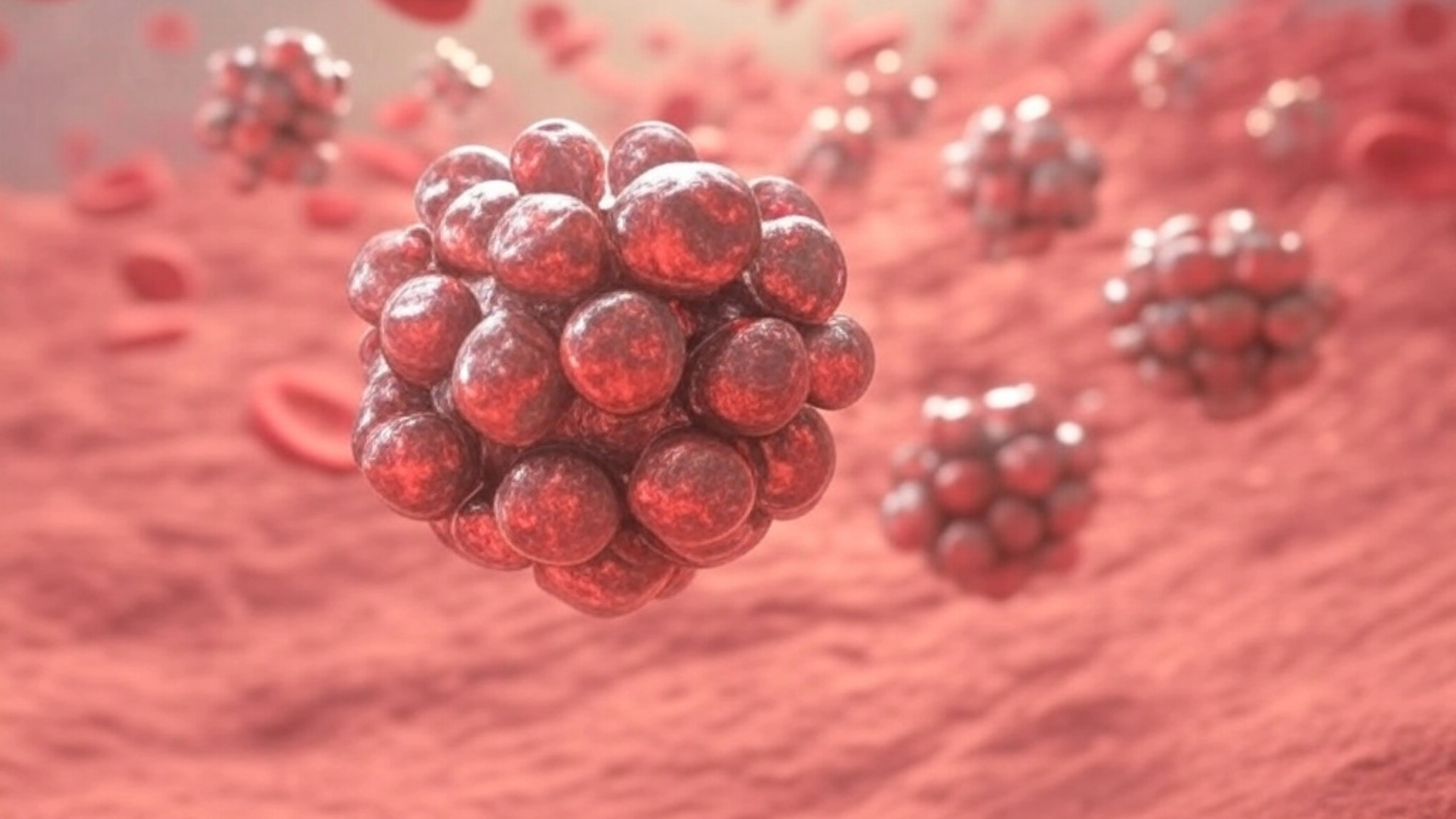Testosterone, an androgen in both men and women, promotes muscle growth. Building the desired muscle mass can be challenging without sufficient testosterone levels. Thus, to gain maximum muscle development, it is imperative to sustain optimal testosterone levels.
Testosterone is the king of muscle growth and repair, and it promotes the process of protein synthesis. Hence, it is important to understand why positive nitrogen balance and sufficient protein intake are vital for testosterone optimization. When you have a positive nitrogen balance, your body takes in more nitrogen than it is excreting. It means your body is in an anabolic state, ideal for building and repairing muscle tissue. Adequate protein intake is also critical for muscle growth and repair, as protein comprises amino acids, the building blocks of muscle.
Here’s why positive nitrogen balance and sufficient protein intake are important in this context:
Muscle Protein Synthesis
Testosterone is essential in boosting muscle protein synthesis, which means it plays a crucial role in building muscle mass. To support this process, consuming adequate amounts of protein is important. It provides your body with the amino acids, the building blocks required to build muscle proteins.
Nitrogen Balance
Nitrogen balance measures nitrogen input minus nitrogen output. Nitrogen is an absolute part of amino acids, the building blocks of protein. A positive nitrogen balance indicates that your nitrogen intake, primarily from dietary protein, exceeds your body’s nitrogen losses, which is conducive to muscle growth and repair.
Optimizing TRT Benefits
For those on TRT, the goal is often to improve body composition, increase muscle mass, and reduce fat. Enough dietary protein, combined with the anabolic effects of testosterone, can help achieve these goals more effectively by supporting muscle growth and maintenance.
Recovery and Repair
Sufficient protein intake is crucial for recovery and repair following exercise. Those on TRT may experience enhanced physical performance and more intense or frequent physical activity. Sufficient protein supports recovery and may reduce the risk of injury caused by negative nitrogen balance, meaning insufficient protein.
Overall Health
Beyond muscle synthesis, proteins are critical in various bodily functions, including hormone production, immune response, and maintaining healthy skin, hair, and nails. Ensuring adequate protein intake is important for overall health, not just muscle building.
Apart from testosterone, a positive nitrogen balance has a significant impact on the secretion of growth hormone and insulin. When your body has more protein being created than broken down, it means you’re in a state of anabolism, or positive nitrogen balance. This state stimulates the production and release of growth hormone, which promotes cell division and multiplication, leading to tissue growth and repair. Additionally, insulin plays a crucial role in protein synthesis, as it enhances the uptake of amino acids into the cells, promoting protein synthesis and muscle growth.
Keeping your body in top shape is about more than just looking good; it’s about building strong muscles and maintaining a positive nitrogen balance for your overall well-being. Whether you’re on TRT or not, making these aspects a key part of your fitness journey is crucial for your health and vitality. Remember, it’s your body, and taking care of it in these fundamental ways can make all the difference.
Emil Uzelac – IAM Founder
How much protein do we need? It’s a tricky question, and the answer can vary depending on who you ask. A good rule of thumb is to aim for 1g/lb of body weight to optimize your protein intake. By doing this, you can effectively support muscle growth and repair while maintaining overall health and well-being. If you weigh around 200 pounds, strive for 200 grams of protein daily.
Keep in mind, though, this isn’t set in stone. You have a little wiggle room; some people might need more or less protein than others.
Protein is found in many foods, but not all proteins are the same. High-quality proteins are complete proteins with all the amino acids necessary for growth and health. The lower-quality proteins are incomplete because they don’t have all the essential amino acids required in the right proportions. The complete protein sources include milk, cheese, eggs, fish, poultry, and meat. Typically, leaner cuts mean better quality and more protein.
Plant-based foods like soy, tofu, tempeh, and quinoa are great protein sources. However, most plant-based foods don’t have all the essential amino acids. For example, grains don’t have lysine, while legumes don’t have enough methionine and tryptophan. But don’t worry; you can still get all the necessary amino acids by combining grains and legumes. This way, you’ll get complementary proteins that have all the essential amino acids.
You don’t have to eat these two things at the same time. Just make sure you eat them on the same day, and you’ll get enough protein. It’s called mutual supplementation, when you combine two or more incomplete protein sources to get a complete protein.



